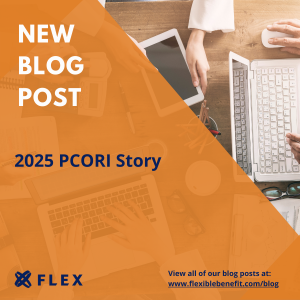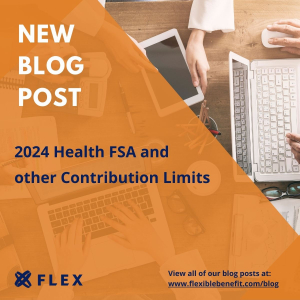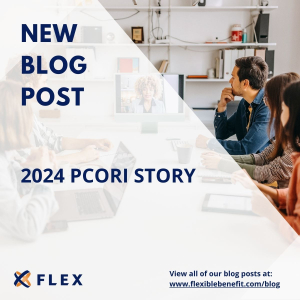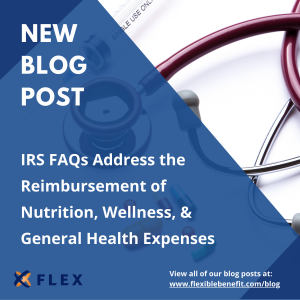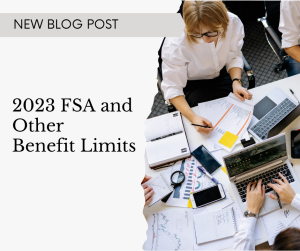FSA
The Affordable Care Act (ACA) created a research institute known as the Patient-Centered Outcomes Research Institute (PCORI). The goal of PCORI is to help patients and those who care for them make better-informed decisions about healthcare choices. PCORI is funded in part by fees which are charged to health plans. The following information is designed to help employers understand their upcoming payment obligations.
The Internal Revenue Service (IRS) published Revenue Procedure 2023-34 on November 9, 2023. The Revenue Procedure includes the inflation-adjusted 2024 contribution limits for certain employee benefit programs. Below is a summary of some of those contribution limit adjustments.
The Affordable Care Act (ACA) created a research institute known as the Patient-Centered Outcomes Research Institute (PCORI). The goal of PCORI is to help patients and those who care for them make better-informed decisions about healthcare choices. PCORI is funded in part by fees which are charged to health plans. The following information is designed to help employers understand their upcoming payment obligations.
On March 17, 2023, the Internal Revenue Service (IRS) published some Frequently Asked Questions (FAQs) as it pertains to the reimbursement of nutrition, wellness, and general health expenses from a Health Flexible Spending Account (FSA), Health Savings Account (HSA), Health Reimbursement Arrangement (HRA), or Archer Medical Savings
The Affordable Care Act (ACA) created a research institute known as the Patient-Centered Outcomes Research Institute (PCORI). The goal of PCORI is to help patients and those who care for them make better-informed decisions about healthcare choices. PCORI is funded in part by fees which are charged to health plans.
The Internal Revenue Service (IRS) published Revenue Procedure 2022-38 on October 18, 2022. The Revenue Procedure includes the inflation-adjusted 2023 contribution limits for certain employee benefit programs. Below is a summary of some of those contribution limit adjustments.
Health Flexible Spending Accounts (Health FSAs)
Summer is finally here! For many people, the arrival of summer means vacations, backyard barbeques, and lots of time spent in the great outdoors. With all the summer fun you’ll be having, you’re probably going to want to stock up on some essential products to help you look and feel your best this season.
It may surprise you to learn that many of these products are FSA-eligible. That means that you can use your Flexible Spending Account to pay for them tax-free!
Everyone knows that Flexible Spending Accounts (FSAs) save employees money on healthcare and dependent care expenses. But did you know that FSAs save employers money as well?
FSAs are one of the few benefits an employer can provide that often pays for itself—and then some! While there are expenses that will be incurred by the employer when using a third-party administrator for the FSA, there are also payroll tax savings that will offset some or all those expenses.
The Internal Revenue Service (IRS) recently published Announcement 2021-7 which indicates Personal Protective Equipment (PPE), such as masks, hand sanitizer, and sanitizing wipes, may be reimbursed under a Flexible Spending Account (FSA), Health Reimbursement Arrangement (HRA), or a Health Savings Account (HSA). These expenses are eligible for reimbursement if the primary reason for the purchase is to prevent the spread of COVID-19.
